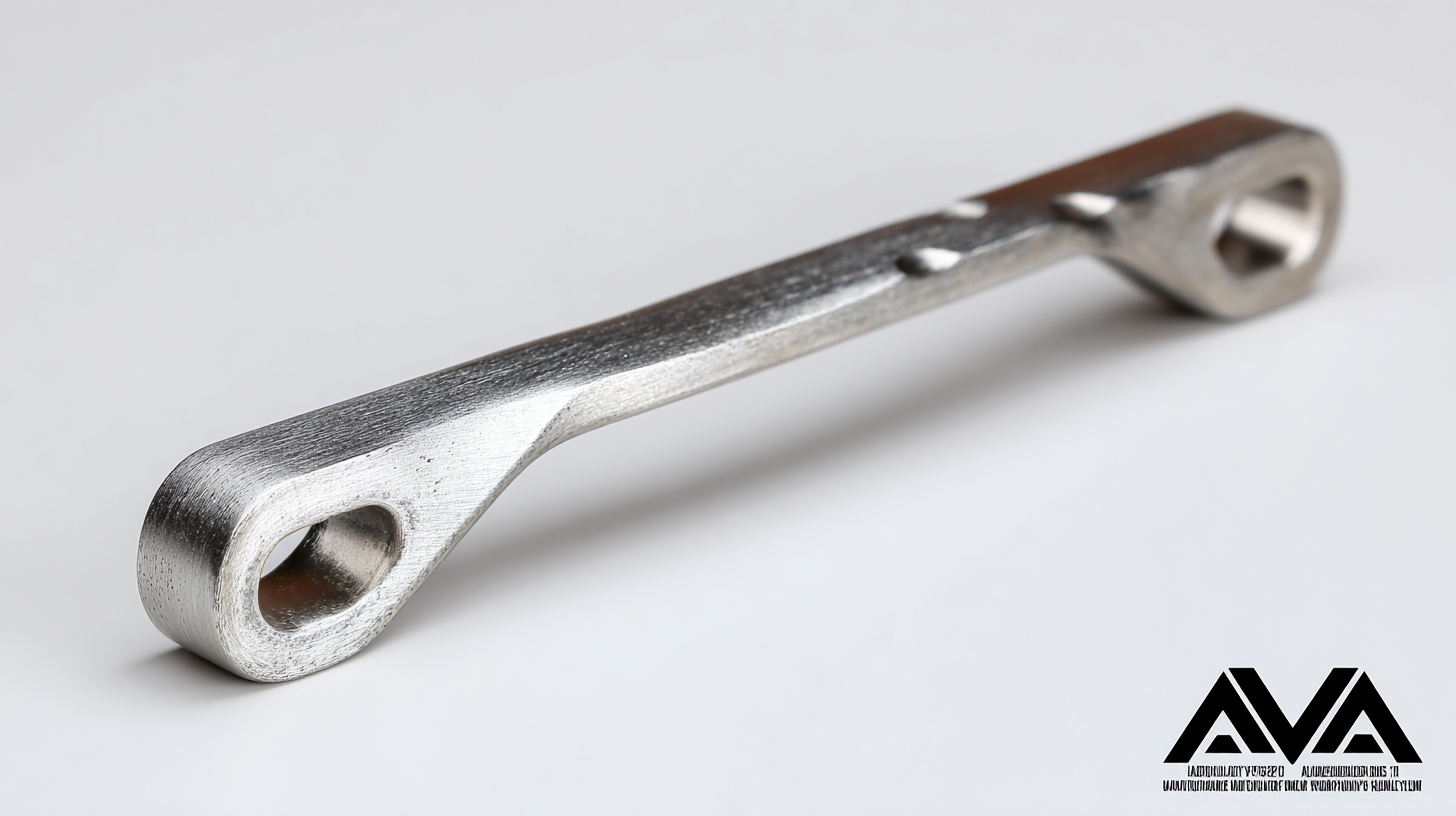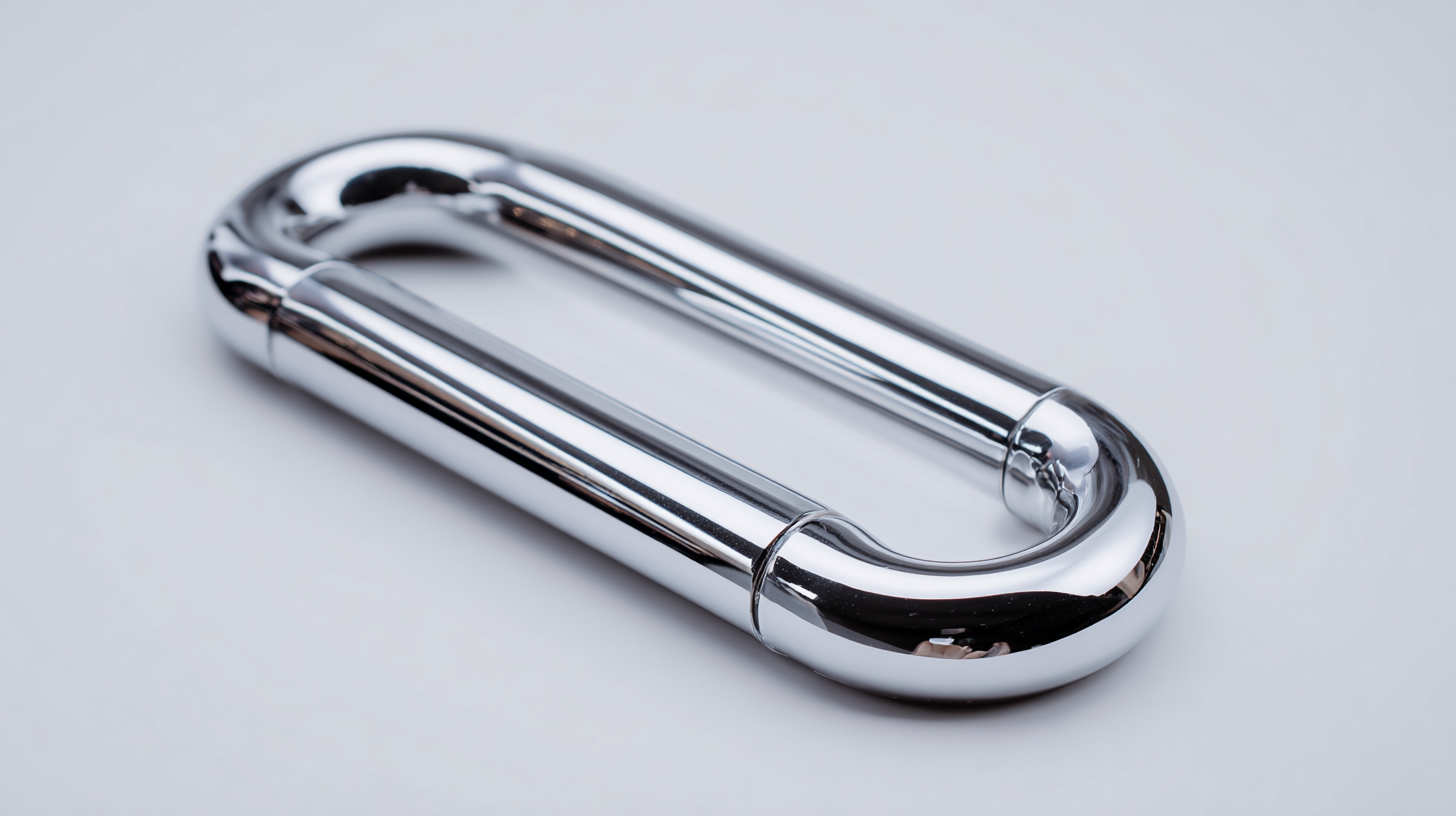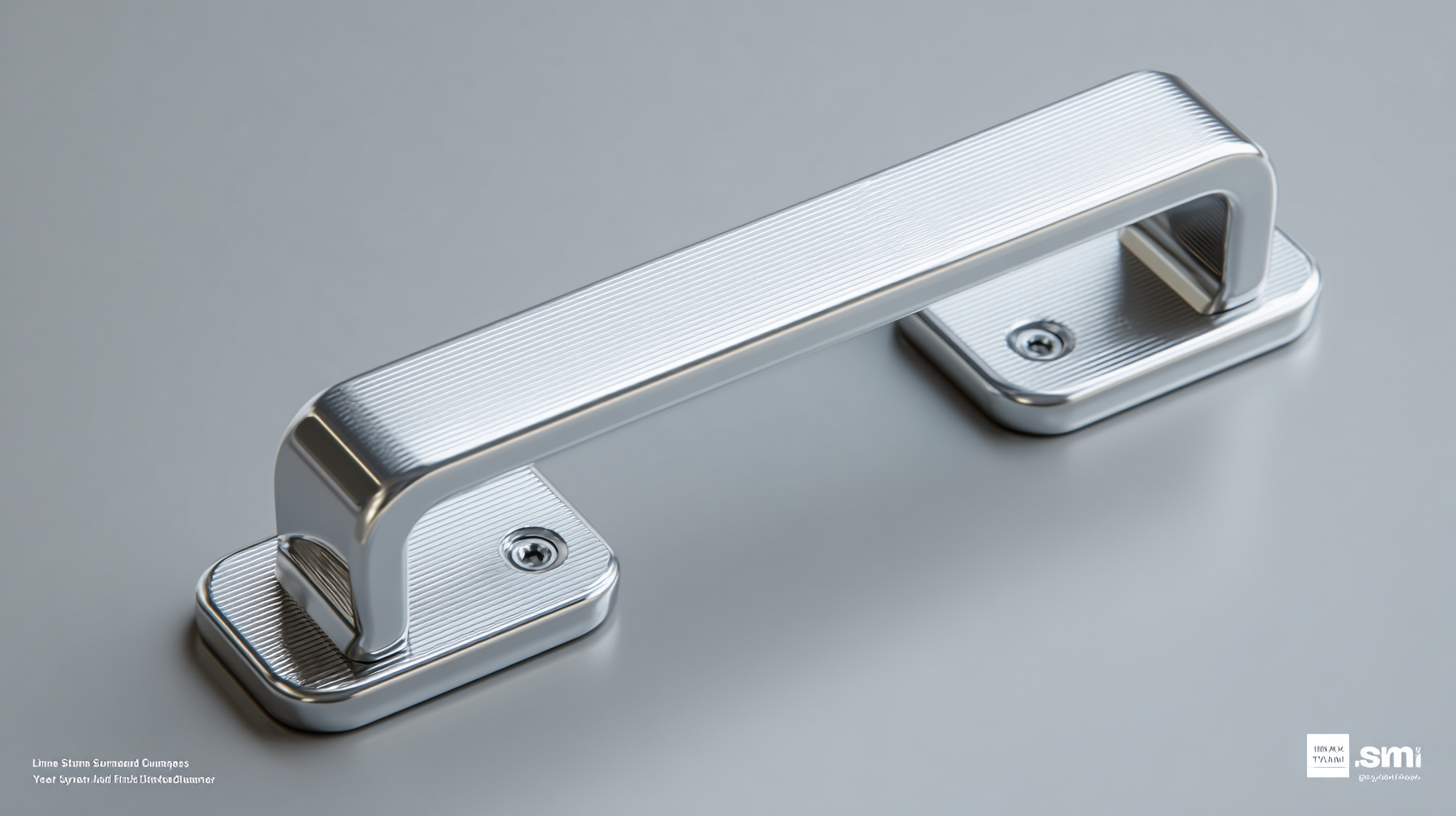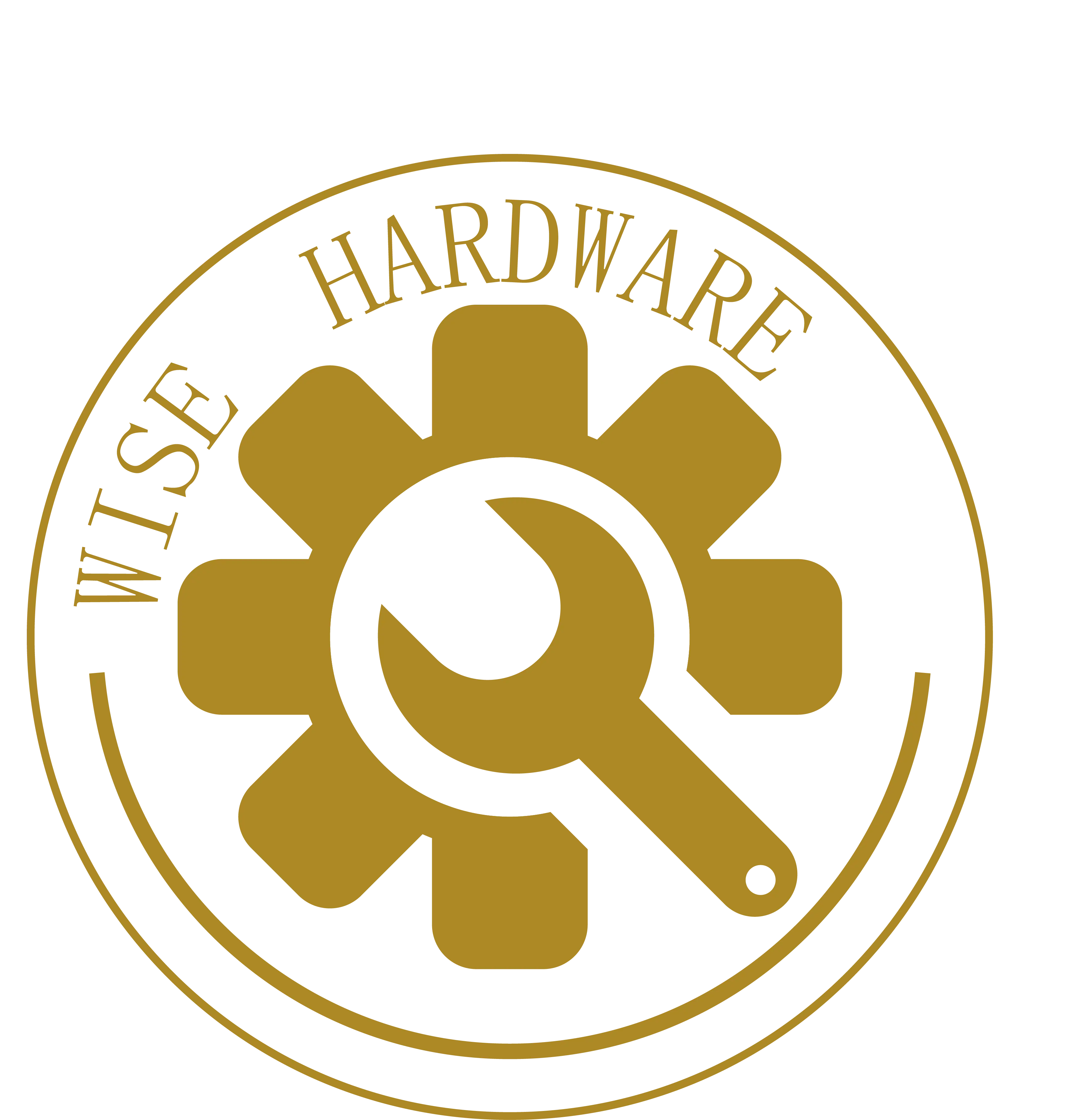Leave Your Message
In recent years, the demand for aluminum handles has surged globally, driven by their lightweight yet durable properties, making them an essential choice across various industries, including construction, automotive, and consumer goods. According to a report by Freedonia Group, the market for aluminum products is expected to reach $130 billion by 2024, with significant contributions from high-quality aluminum handle manufacturers. However, navigating the complexities of industry standards presents a daunting challenge for buyers seeking the best aluminum handles. Buyers must grapple with varying international regulations, quality assurance protocols, and sustainability concerns, all while ensuring that they procure products that meet their specific needs. As the phrase "World-class manufacturing, China's pride, exported globally" suggests, the role of Chinese manufacturers in this sector is pivotal, raising the need for comprehensive insights into quality control and standard compliance to maintain competitive advantage in the worldwide market for aluminum handles.

Understanding key industry standards for aluminum handles is crucial for buyers seeking to make informed purchasing decisions. According to the Aluminum Association's 2021 report, adherence to industry guidelines ensures both product quality and safety. Specifically, standards such as ASTM B221—specifying the dimensional tolerances for wrought aluminum products—are vital for manufacturers striving to produce consistent and reliable handles. Adopting these standards not only enhances the durability of the aluminum handles but also significantly reduces the risk of product recalls, which accounted for 40% of safety incidents in the industry last year.
Moreover, compliance with international standards like ISO 9001 can significantly enhance a company’s market credibility. The 2022 market trends report highlighted that companies meeting these quality management standards enjoyed a 25% increase in consumer trust, directly impacting sales and brand loyalty. Furthermore, ensuring that aluminum handles meet ANSI specifications for strength and performance can mean the difference between a mediocre product and an exceptional one, making it crucial for buyers to prioritize vendors that adhere strictly to these industry standards. This analytical approach not only secures the quality of the products but also aligns with environmental regulations, as seen in the recent surge of eco-consciousness among consumers.
 When it comes to purchasing aluminum handles, buyers often encounter a unique set of challenges that can complicate their decision-making process. One of the most common hurdles is navigating the varying industry standards. Different manufacturers may adhere to different specifications, leading to confusion and inconsistencies in quality. Understanding these standards is crucial, as buyers must ensure that the handles they select meet the necessary safety and performance criteria, especially for applications that require durability and strength.
When it comes to purchasing aluminum handles, buyers often encounter a unique set of challenges that can complicate their decision-making process. One of the most common hurdles is navigating the varying industry standards. Different manufacturers may adhere to different specifications, leading to confusion and inconsistencies in quality. Understanding these standards is crucial, as buyers must ensure that the handles they select meet the necessary safety and performance criteria, especially for applications that require durability and strength.
In addition to standards, buyers frequently grapple with the issue of supplier reliability. The market is saturated with options, making it difficult to identify manufacturers who consistently deliver high-quality products. This can result in delays and unexpected issues in production. To mitigate this risk, buyers should prioritize establishing strong relationships with reputable suppliers, emphasizing research and due diligence to verify their credentials and quality assurance processes. By addressing these common challenges head-on, aluminum handle buyers can make more informed decisions and secure the best products for their needs.
In the pursuit of high-quality aluminum handles, navigating compliance with ASTM and ISO standards is crucial for manufacturers and buyers alike. These established standards ensure that products are not only safe and effective but also sustainable. As industries are shifting towards more eco-friendly solutions, it’s imperative that buyers understand the specifications that guarantee compliance, thereby improving product reliability and reducing environmental impact.
When selecting aluminum handles, one essential tip is to verify that suppliers provide documentation proving their adherence to ASTM and ISO standards. This documentation can include test results and certifications, which are crucial when making informed purchasing decisions. Additionally, engage suppliers in discussions about their sustainability practices; choosing partners who prioritize environmental responsibility can enhance your brand's image.
Another tip is to stay updated on changes in industry standards, as they can evolve with technological advancements and environmental considerations. Subscribing to industry newsletters or attending relevant webinars can provide valuable insights into best practices for compliance and innovation in product development, ensuring that your choice of aluminum handles meets both quality and sustainability criteria.
When purchasing aluminum handles for various applications, understanding the cost-benefit analysis of investing in compliant products is crucial. Compliance with industry standards not only ensures product safety and durability but also minimizes long-term liabilities associated with subpar materials. Buyers need to weigh the initial investment against potential future costs, such as replacements, repairs, or even legal issues arising from non-compliance. By choosing products that meet rigorous standards, buyers can foster a reputation for quality and reliability in their own operations.
Moreover, compliant aluminum products often offer superior performance characteristics, such as enhanced strength-to-weight ratios and resistance to corrosion. While the upfront costs may be higher, the longevity and dependability of these products can lead to significant savings over time. This approach not only streamlines operations by reducing the frequency of replacements but also contributes to sustainability efforts by minimizing waste. Therefore, investing in compliant aluminum handles is not merely a regulatory obligation; it's a strategic decision that aligns quality with financial prudence.
| Product Type | Initial Cost ($) | Compliance Rating | Lifecycle (Years) | Annual Maintenance Cost ($) | Estimated Savings ($) |
|---|---|---|---|---|---|
| Standard Aluminum Handle | 50 | B | 5 | 10 | 200 |
| Premium Aluminum Handle | 75 | A | 7 | 8 | 300 |
| Eco-friendly Aluminum Handle | 90 | A+ | 6 | 12 | 250 |
| Heavy Duty Aluminum Handle | 100 | B+ | 8 | 15 | 350 |
 When sourcing aluminum handles for various applications, the credentials of suppliers play a pivotal role in ensuring both quality and safety within the supply chain. According to a report by the Aluminum Association, approximately 20% of aluminum manufacturing operations face compliance issues related to industry standards. Evaluating supplier credentials becomes essential not just for meeting regulations, but also for maintaining the integrity of the end product.
When sourcing aluminum handles for various applications, the credentials of suppliers play a pivotal role in ensuring both quality and safety within the supply chain. According to a report by the Aluminum Association, approximately 20% of aluminum manufacturing operations face compliance issues related to industry standards. Evaluating supplier credentials becomes essential not just for meeting regulations, but also for maintaining the integrity of the end product.
Tip: Before committing to a supplier, request documentation proving compliance with industry standards such as ISO 9001 and ISO 14001. These certifications indicate that a supplier follows international quality management and environmental management practices, respectively.
In addition, it’s vital to assess a supplier's track record. A survey by the International Organization for Standardization revealed that companies with robust supplier evaluation processes reported 30% fewer quality-related issues. Ensuring that your supplier has a proven history of reliability and quality assurance can significantly mitigate risks associated with defective products.
Tip: Consider conducting site visits or audits to gain firsthand insight into the supplier's operations and quality control measures. Establishing a strong relationship with a trustworthy supplier can ultimately enhance your product's reputation and reduce costs associated with returns or recalls.
